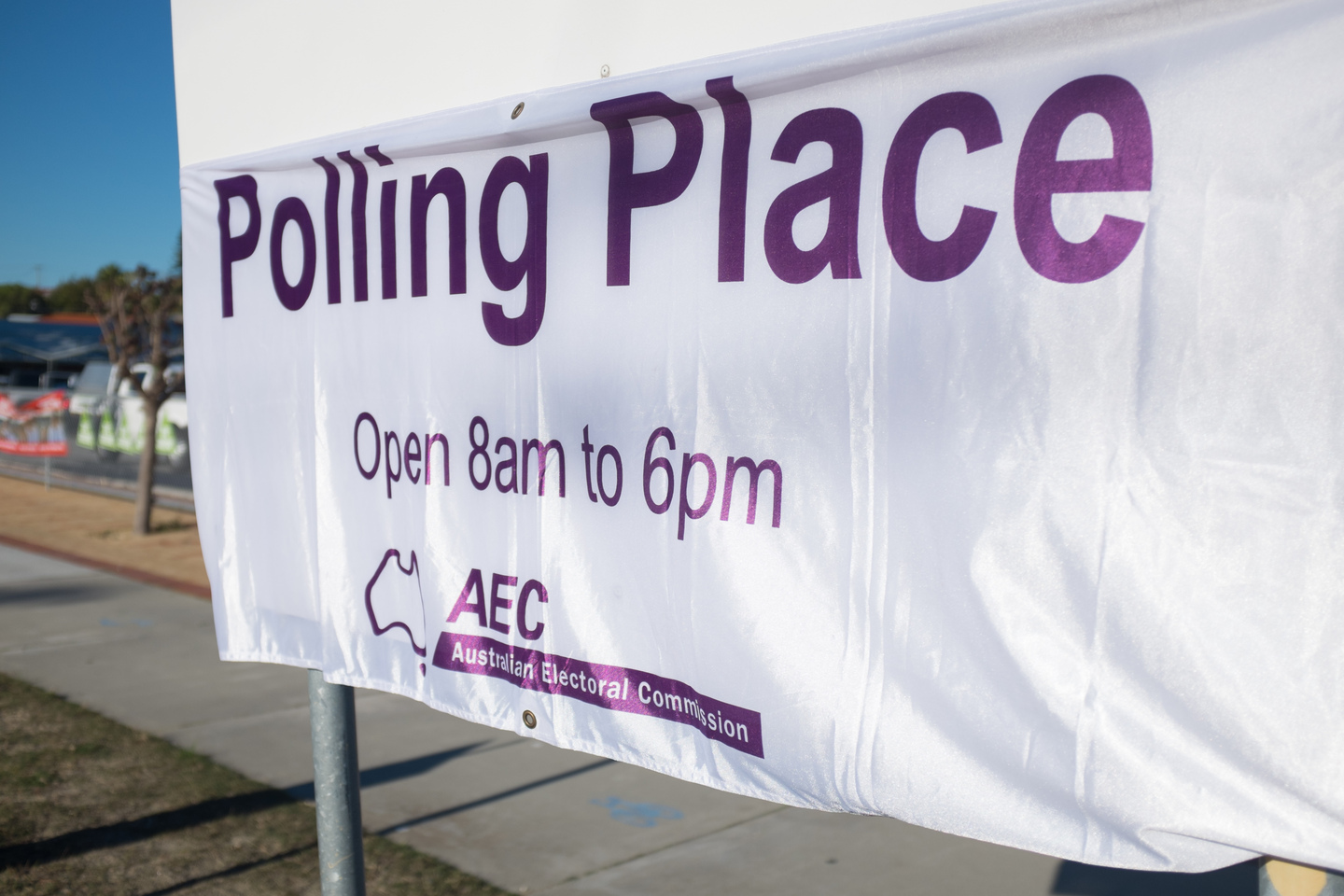
Toll chief executive Christine Holgate says the fact that Scott Morrison is no longer Prime Minister “enables her to sleep at night”.
Ms Holgate addressed some 300 people at an American Chamber of Commerce event in Perth this afternoon, her first speaking engagement in the state since becoming chief executive of Toll Global Express in May last year.
During which, she acknowledged the privilege she was afforded in her position amid the fallout from her resignation from Australia Post.
“Whilst I as an individual came through this experience and I believe I’m a stronger person for it, many do not,” Ms Holgate said.
“I was actually incredibly lucky that many people of Australia campaigned for me and campaigned for an inquiry into what happened to me, but most people don’t have that privilege.”
While her history with Australia Post was not the main focus of the event, Ms Holgate said she had a problem with a leader that was allowed to “bully”, a sentiment she has expressed previously in the media.
But she maintained that she did not dislike the Liberal party.
“Many of you may feel that that comment might mean that I dislike the Liberal party,” she said.
“I actually don’t.
“I actually chose to carry on working for them in the capacity of co-chairing the Federal Trade board.
“I do have a problem though, when the most important leader of our country is allowed to bully.”
“So forgive me, the fact that Mr Scott Morrison is no longer prime minister enables me to sleep at night.”
Ms Holgate also said the recent Federal election had evidenced “significant” changes among women.
“For many women, climate, the treatment of women and of course integrity were very major issues,” she said.
Ms Holgate also said there were more that employers could do to bring more women in the workforce.
“We don’t need to wait for the government to get on and do two weeks paid domestic violence leave or to pay for superannuation when people are taking carers leave,” she said.
“Or even to give 14 weeks full pay for the primary carer when a child is born.
“We can do it because we know it’s right, we know it’s responsible as leaders to do.
“Including women in the workforce is one of the biggest opportunities that we have.”








